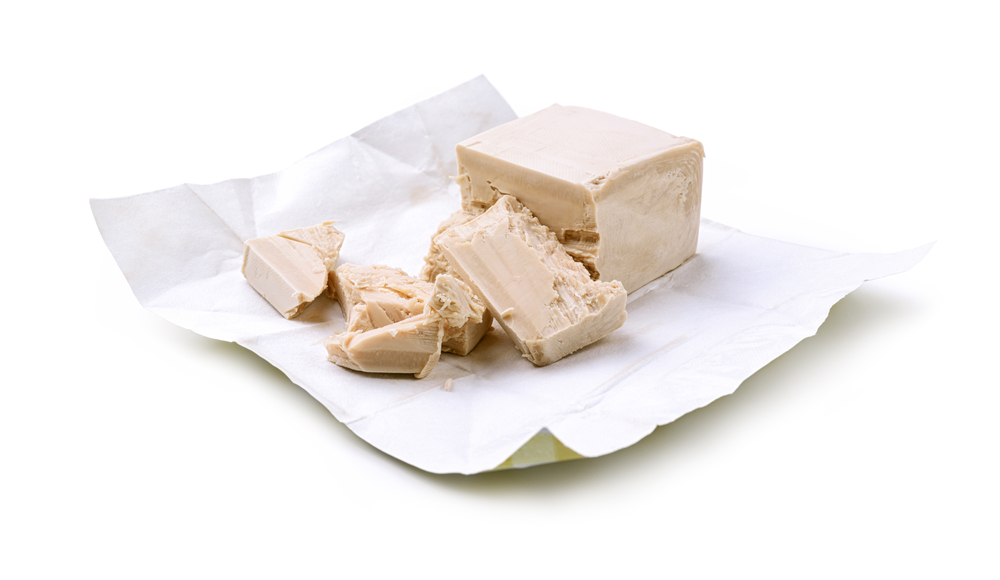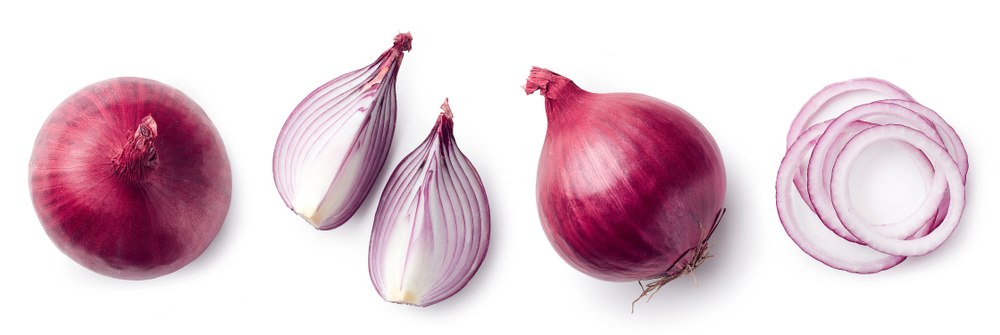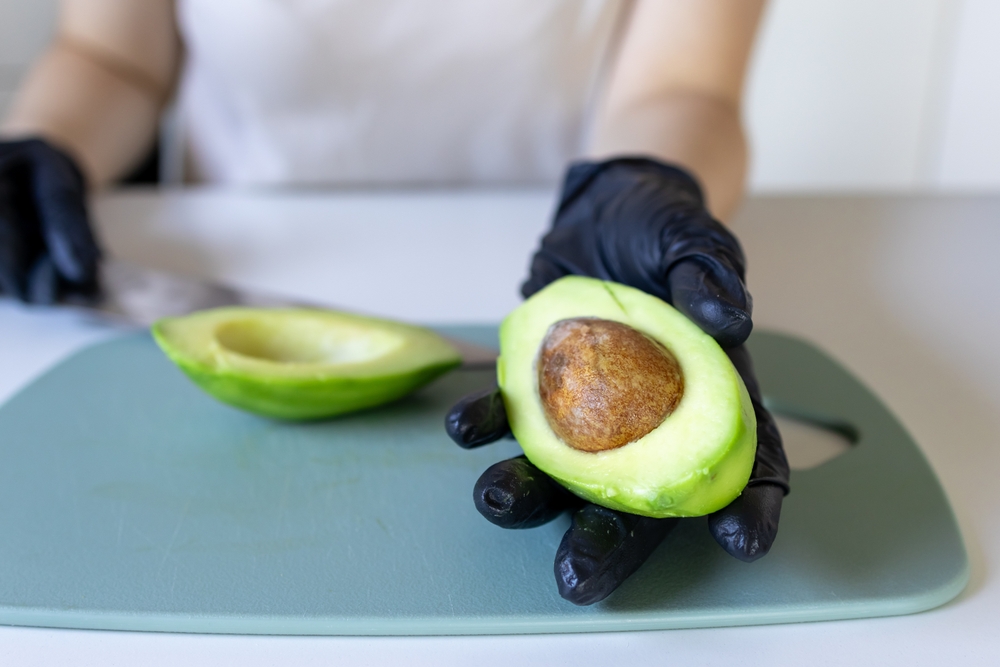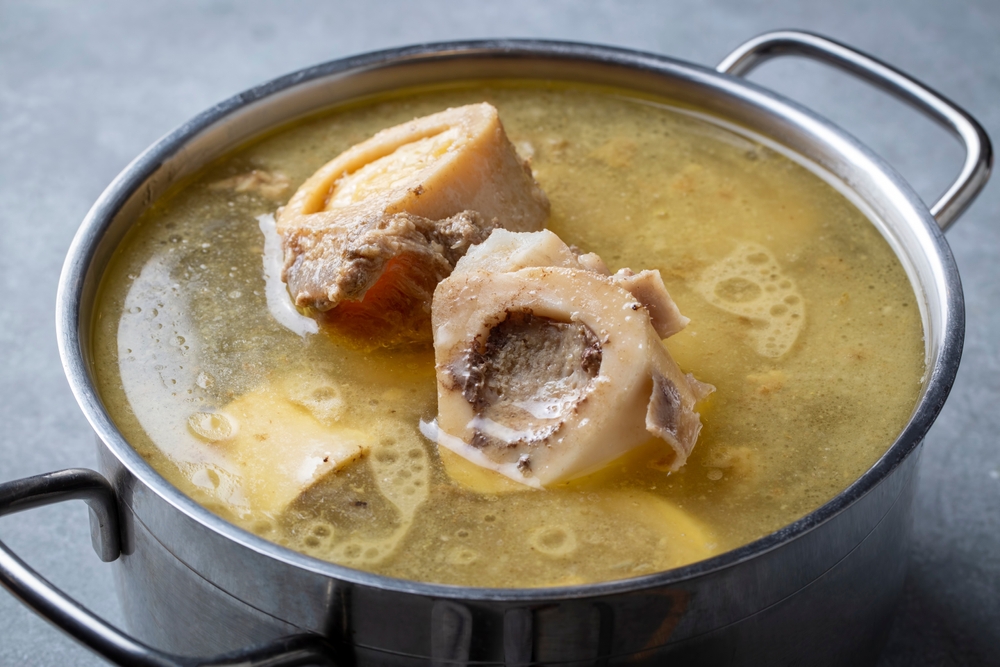Never Feed Your Dog These Foods
Others are reading now
Many common foods can be harmful to dogs.
They can affect their digestive system, organ function, and overall health.
Some may even cause severe poisoning.
It is crucial to be aware of these risks to keep your dog safe.
Also read
Symptoms of poisoning can vary and often require quick action.
Prevention is the best way to ensure your dog’s safety.
Chocolate

Chocolate contains theobromine and caffeine, both of which are toxic to dogs as they affect the heart and nervous system.
Even small amounts can cause vomiting, diarrhea, increased heart rate, and, in severe cases, seizures or death.
Dark chocolate and baking chocolate are particularly dangerous due to their higher theobromine concentrations.
Salt and Salty Snacks

Excessive salt intake can lead to salt poisoning in dogs, causing vomiting, diarrhea, tremors, and, in severe cases, seizures and death.
Chips, popcorn, and other salty snacks should be avoided, as dogs have a much lower tolerance for sodium than humans.
Coffee and Tea

The caffeine in coffee, tea, and energy drinks is toxic to dogs and can cause hyperactivity, rapid breathing, irregular heartbeats, tremors, and seizures.
Even small amounts can be dangerous, with symptoms appearing quickly after ingestion.
Grapes and Raisins

Grapes and raisins can cause acute kidney failure in dogs, even in small quantities.
Symptoms include vomiting, diarrhea, lethargy, and loss of appetite, which can lead to severe health issues and, in the worst cases, death.
Yeast Dough

If a dog eats yeast dough, it can expand in the stomach and produce gas, potentially leading to life-threatening bloating and gastric torsion (GDV).
Additionally, yeast fermentation can produce alcohol, which may result in alcohol poisoning.
Onions and Garlic

Onions, garlic, and other members of the allium family can damage a dog’s red blood cells, leading to anemia.
Symptoms may include weakness, pale gums, rapid heartbeat, and collapse.
Damage can occur over time with repeated consumption.
Macadamia Nuts

Macadamia nuts are highly toxic to dogs and can cause weakness, vomiting, fever, tremors, and coordination issues.
Symptoms usually appear within 12 hours and can last for several days.
While rarely fatal, prompt treatment is necessary.
Milk and Dairy Products

Many dogs are lactose intolerant, meaning they cannot properly digest milk and dairy products.
Consumption can lead to digestive issues such as diarrhea, bloating, and discomfort, especially in larger amounts.
Xylitol

Xylitol, found in sugar-free gum, candy, and some baked goods, can trigger a rapid and life-threatening increase in insulin production in dogs.
This results in a sharp drop in blood sugar, potentially causing seizures, coma, and death.
Avocado

Avocado contains persin, which can be toxic to dogs and may cause vomiting, diarrhea, and heart problems.
Additionally, the large pit poses a choking hazard or can cause intestinal blockage if swallowed.
Cooked Bones

Cooked bones can splinter, leading to choking, digestive tract injuries, or potentially fatal intestinal perforation.
This can cause severe infections and may require emergency surgery to remove bone fragments.
Alcohol

Alcohol is extremely dangerous for dogs, even in small amounts, as it can cause vomiting, diarrhea, breathing difficulties, coma, and death.
Dogs can also be poisoned by consuming fermented foods or alcoholic beverages, as their bodies cannot metabolize alcohol like humans.


